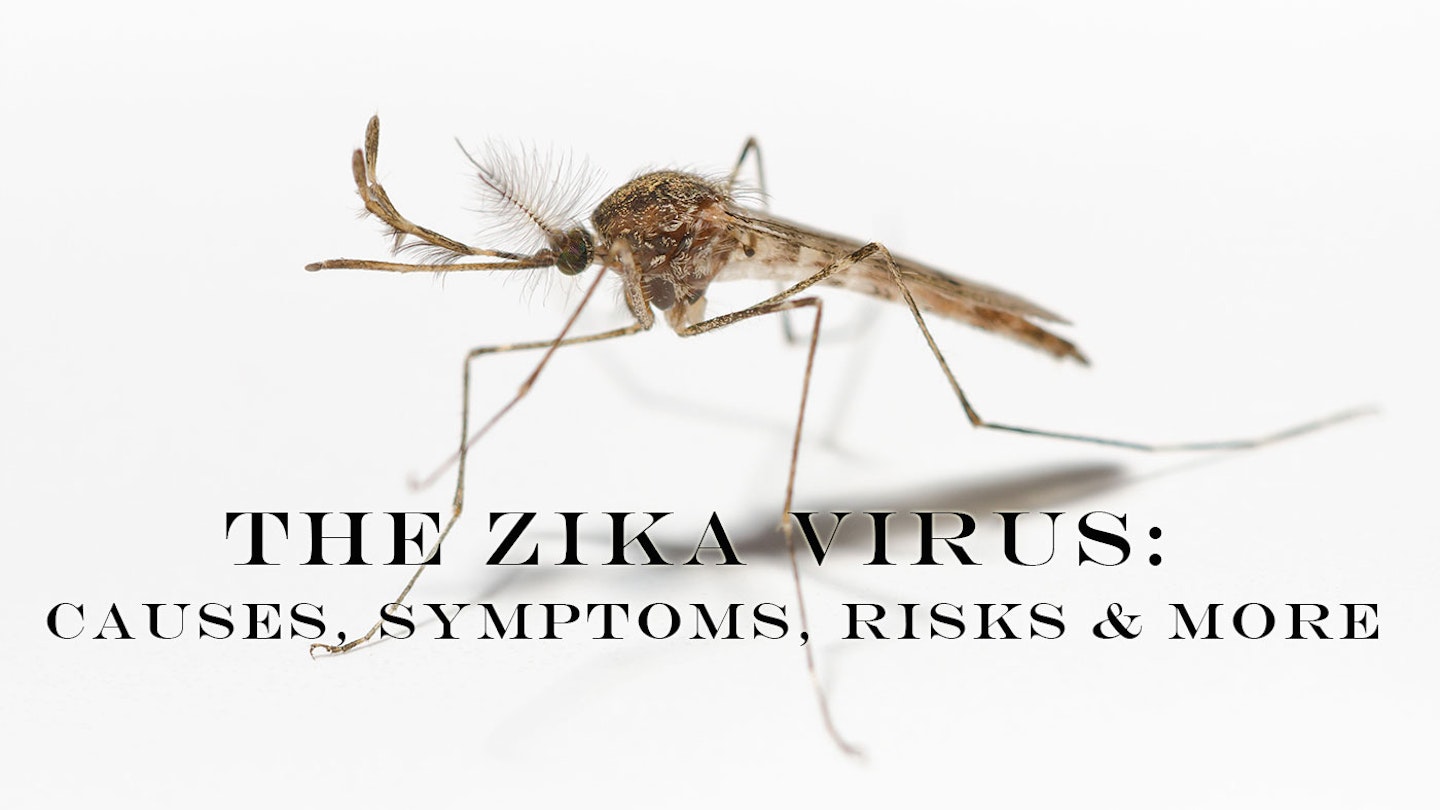The World Health Organization recently announced that a disease linked to the Zika virus in Latin America poses a global public health emergency requiring a united response.
The infection, which has been linked to cases of microcephaly (causing babies to be born with underdeveloped brains), has been put in the same category as Ebola.
This means that WHO will now begin fast-tracking aid and research, in a bid to tackle the fast-spreading virus.
But what do we really know about the Zika Virus?
We spoke to Sarah Redshaw, Managing Editor of BabyCentre UK, about the Zika Virus - and she answered all of our questions about the causes, symptoms, and risks of the virus.
Here’s what she had to say…
What is the Zika Virus?
The Zika virus is a disease caused by an infection that is carried by a certain type of mosquito, but experts believe it may also be spread through unprotected sex with an infected person.
It cannot, however, be transmitted by coming into everyday contact with an infected person. Zika is most prevalent in Brazil, but outbreaks have been reported throughout the Americas, including Barbados, the Dominican Republic and Mexico.
Who does the Zika Virus affect?
Anyone bitten by a mosquito carrying the virus could become infected – around one in five people will become ill. The illness is usually mild and will pass within a week, and severe disease requiring hospitalisation is uncommon.
How does the Zika Virus affect pregnant women?
One of the biggest concerns about the virus is the evidence that, if contracted during your pregnancy, it could increase your risk of microcephaly – a birth defect where the baby’s head is smaller than usual, often with a smaller brain that may not have developed properly.
Although most cases have been recorded in Brazil, BabyCentre UK has seen an increase in pregnant women discussing their concerns and seeking advice about the Zika virus since it was contracted by people in the USA who had travelled to areas with outbreaks.
Currently, the risk to pregnant women residing in the UK is extremely low, however, the UK government has advised that pregnant women should avoid travelling to any country currently affected by the virus, because of the increased risk to their baby.
Which countries have the Zika Virus?
Prior to 2015, Zika Virus outbreaks primarily occurred in areas of Africa, Southeast Asia, and the Pacific Islands. However, in May 2015, the Pan American Health Organisation (PAHO) issued an alert regarding the first confirmed Zika virus infections in Brazil.
According to the Centres For Disease Control & Prevention (CDC.) Zika outbreaks are now occurring in many countries.
These include:
You can find the latest travel information on the CDC website.
What are the symptoms of the Zika Virus?
Symptoms of the Zika virus are relatively mild, but may include:
What treatment is available for the Zika Virus?
There is no treatment for the Zika virus, but taking paracetamol and drinking plenty of water may help to relieve the symptoms.
BabyCentre does not advise not to take ibuprofen as it could trigger excessive bleeding and is not thought to be safe for use in pregnancy.
What are the risks of the Zika Virus?
BabyCentre strongly recommends that pregnant women who are planning to travel to the affected countries cancel their trip or babymoon.
If travel is unavoidable, pregnant women should take strict measures to avoid mosquito bites during their trip. This means regularly applying insect repellent containing Deet that is suitable for pregnancy and covering up any exposed skin with light coloured, loose fitting clothing.
If I am not pregnant and bitten by a mosquito and infected with Zika virus, will my future pregnancies be at risk?
The CDC have revealed that the Zika Virus usually remains in the blood of an infected person for only a few days to a week, and that the virus will not cause infections in an infant that is conceived after the virus is cleared from the blood.
They add that, while there is currently no evidence that Zika virus infection poses a risk of birth defects in future pregnancies, wwomen contemplating pregnancy, who has recently recovered from Zika virus infection, MUST consult her healthcare provider after recovering.
**If you are pregnant and worried about an upcoming trip you can find out more information on BabyCentre.co.uk
For the most current information about the Zika Virus, please visit CDC.gov now.
**
